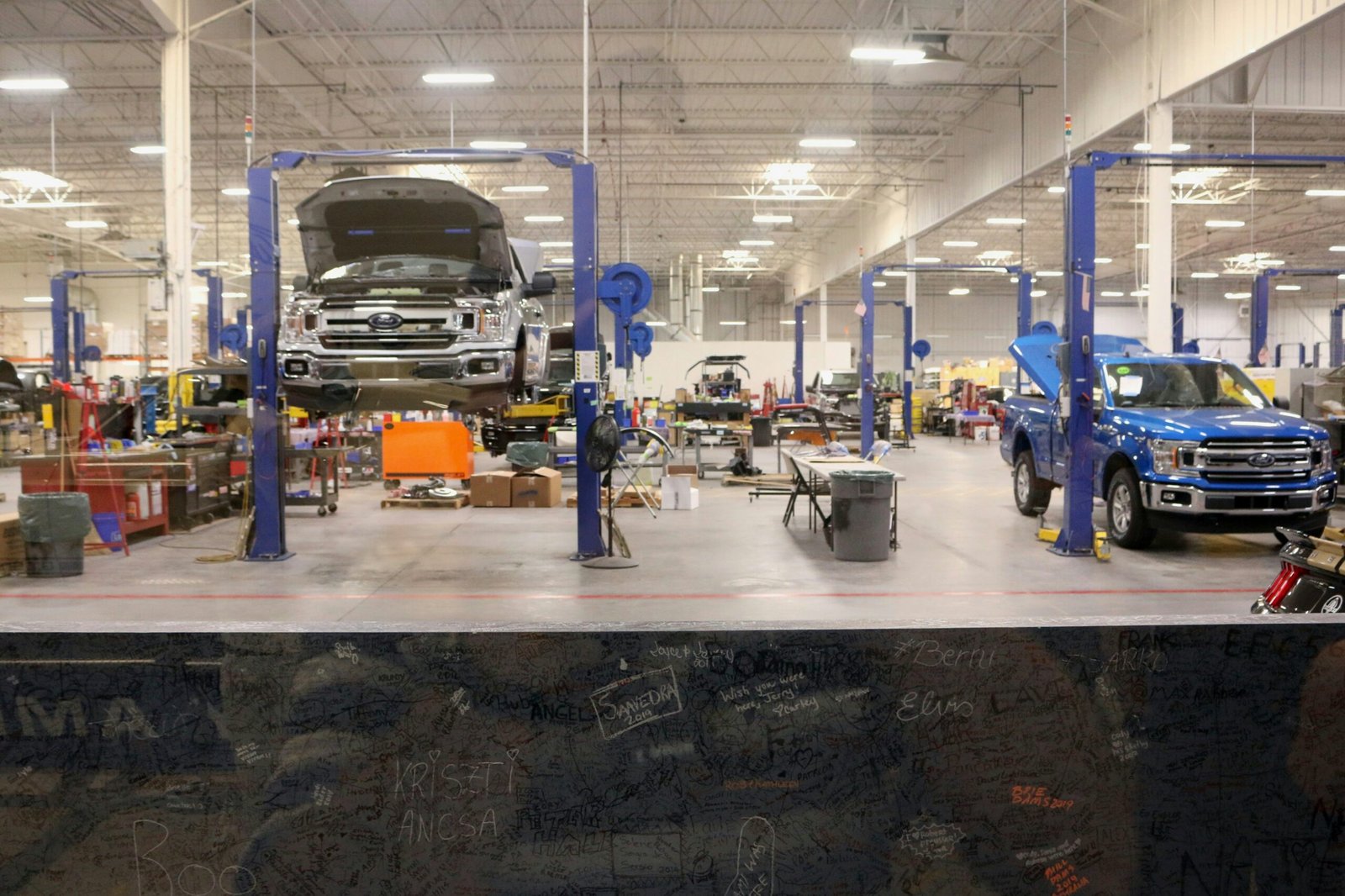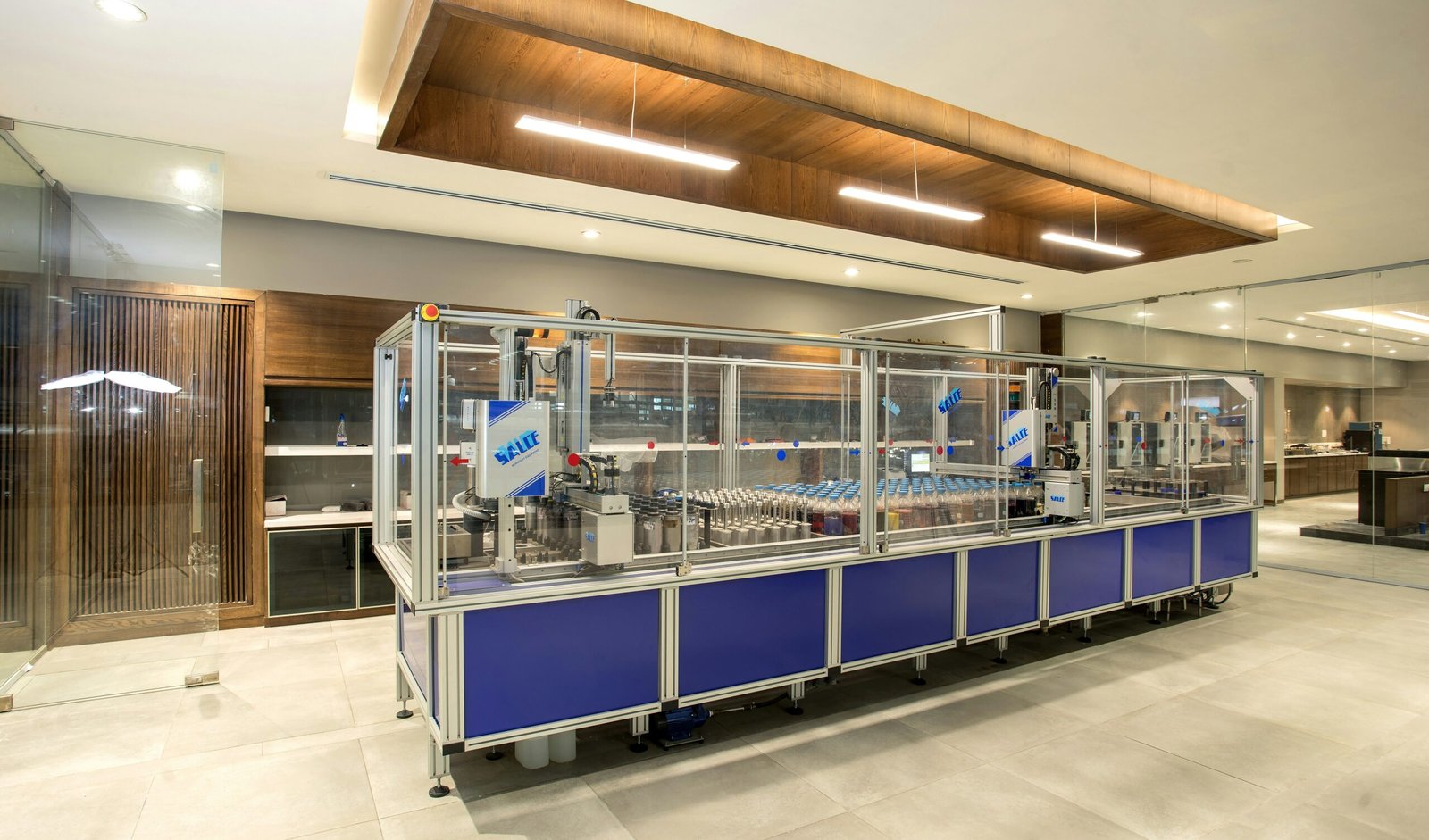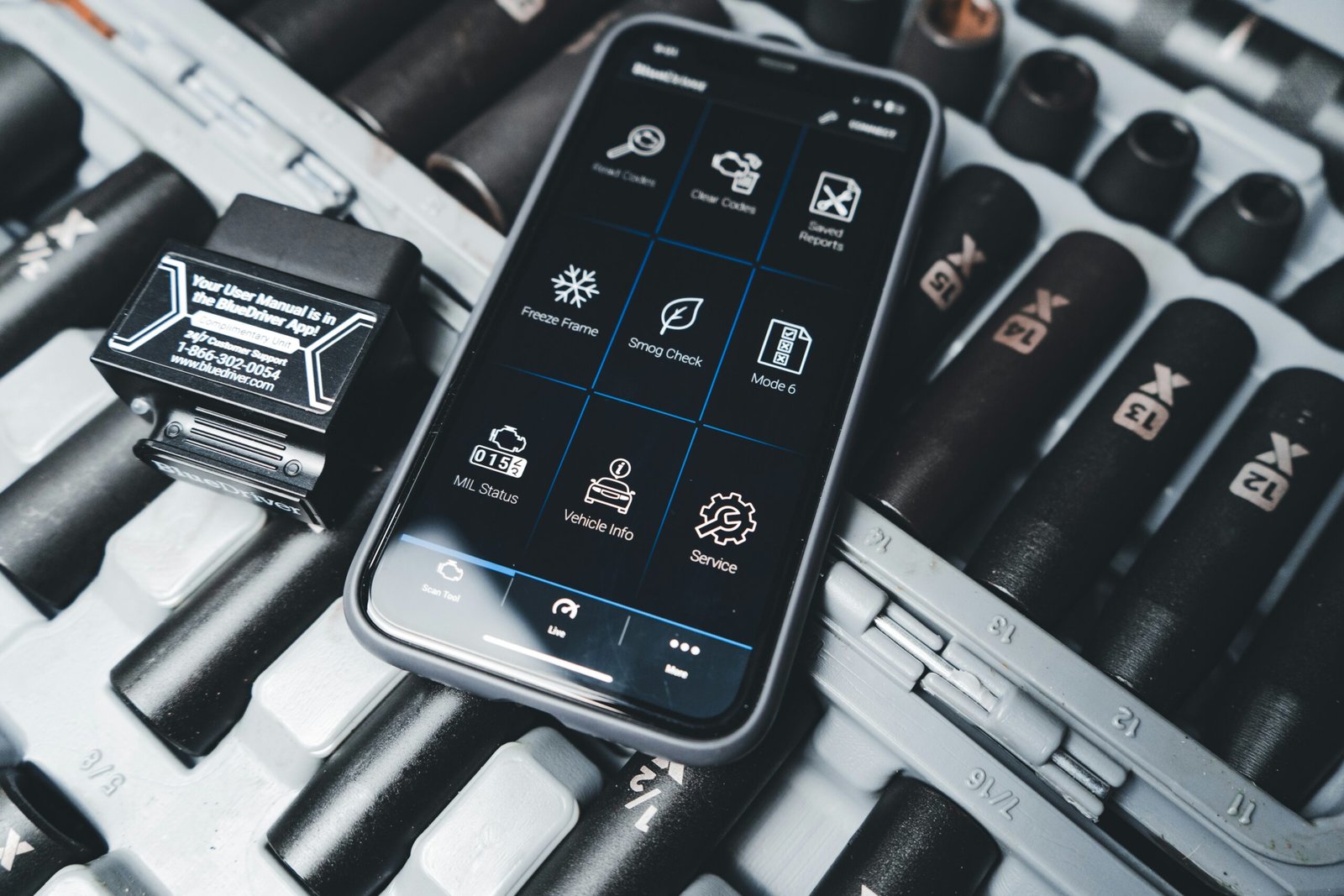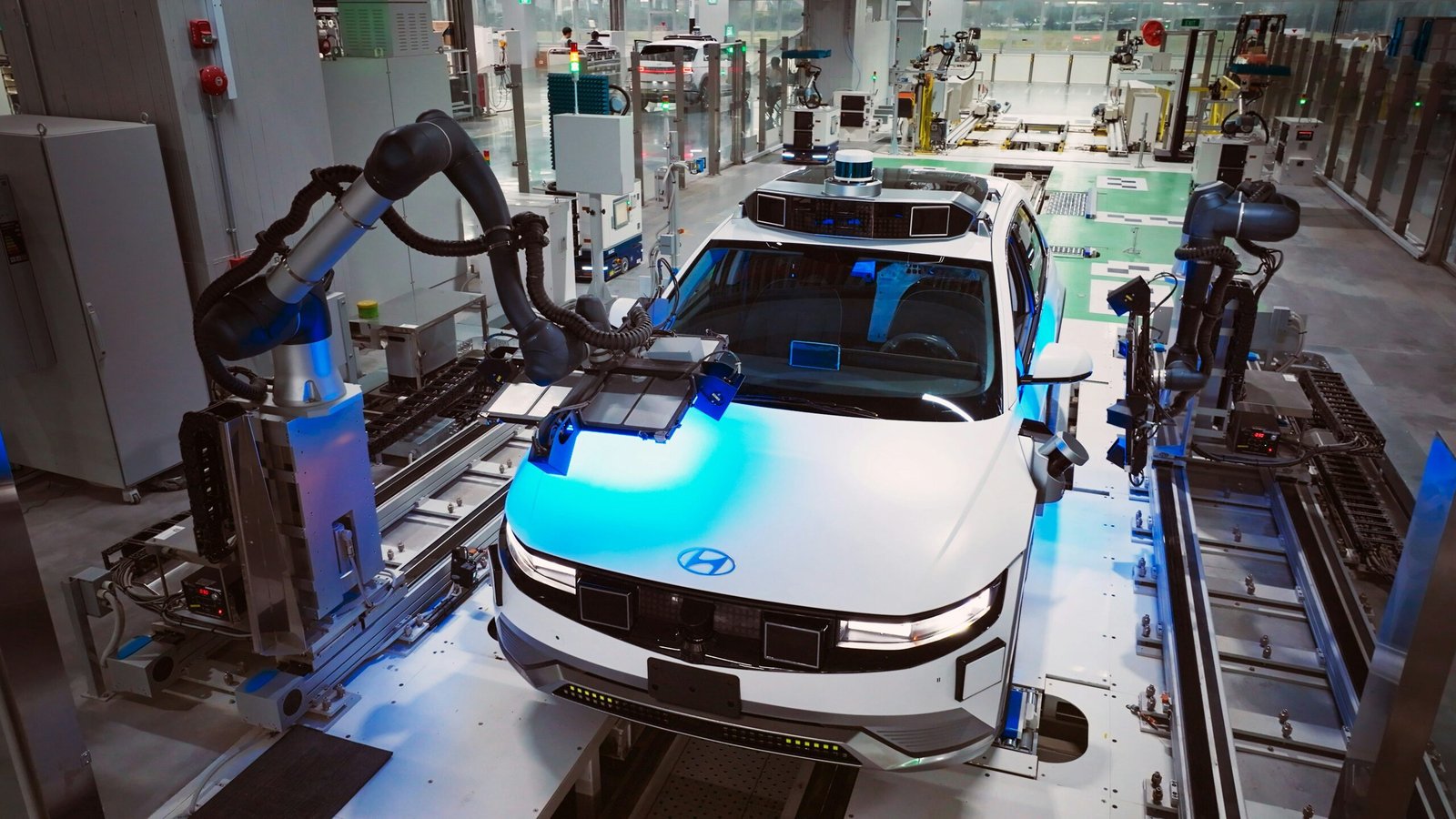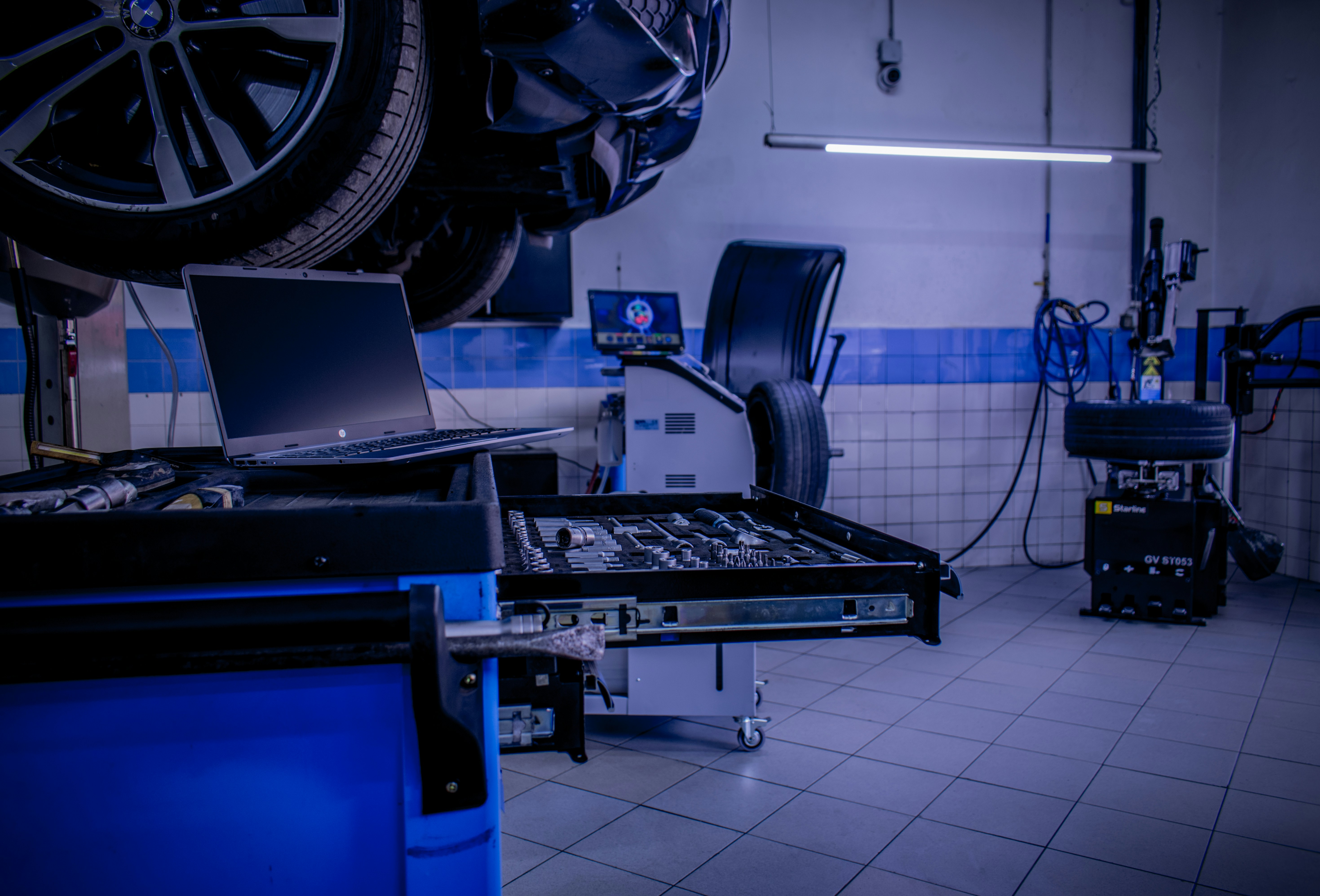Introduction to Consumer Expectations in Auto Repair
Understanding consumer expectations in the auto repair industry is becoming increasingly crucial as the landscape of automotive services evolves. The sector has witnessed significant changes in recent years, driven by advancements in technology, shifts in consumer behavior, and heightened competition. As consumers become more informed and empowered, their expectations regarding service quality, transparency, and customer engagement have also changed substantially.
Consumer expectations now encompass not only the technical aspects of vehicle repairs but also the overall experience during service interactions. Car owners are more inclined to choose service providers who offer clarity regarding repairs, timely communication, and respect for their time and financial investment. This heightened focus on customer experience signifies a paradigm shift in how auto repair businesses must operate in order to retain and expand their clientele.
The significance of comprehending these expectations lies in their direct influence on consumer choices and behaviors. Poor service experiences can lead to negative reviews and the loss of potential customers, while positive interactions can foster loyalty and enhance brand reputation. Consequently, businesses must actively strive to understand and meet the increasing demands of their customers, ensuring that their offerings align with prevailing market expectations.
To gain deeper insights into consumer expectations within the auto repair industry, a survey was conducted that aimed to capture the views and sentiments of car owners. This survey focused on identifying core expectations, preferences, and common pain points experienced by consumers when seeking auto repair services. The methodology employed included both qualitative and quantitative approaches to gather comprehensive data, facilitating a nuanced understanding of what consumers truly desire from their service providers.
Key Findings from the Survey
The recent survey on consumer expectations in auto repair has yielded significant insights into the priorities that drive customer decisions. A primary concern for consumers remains cost, with a substantial percentage indicating that affordability is their foremost criterion when selecting an auto repair service. Many respondents expressed a willingness to compare prices across multiple repair shops, placing a premium on getting a fair deal without compromising on the quality of service received.
Quality of service is another critical element influencing consumer choices in the auto industry. Customers are increasingly discerning and expect competent technicians who can effectively diagnose and repair their vehicles. Feedback from the survey revealed that consumers prioritize shops that employ certified mechanics and utilize high-quality parts, as they seek reassurance that their car repairs will not result in recurring issues.
Transparency in pricing has emerged as a vital factor among consumers. Survey respondents illustrated a strong preference for auto repair services that provide upfront estimates and clear breakdowns of costs. This transparency fosters trust and can significantly enhance customer loyalty. Many consumers expressed frustration over hidden fees, emphasizing the need for repair shops to adopt straightforward pricing strategies.
Turnaround time for repairs also plays a noteworthy role in consumer expectations. A significant portion of participants reported that quicker service times greatly influence their choice of an auto repair shop. They often prefer establishments that can deliver timely repairs without compromising on quality, especially those users who rely heavily on their vehicles for daily commutes.
Demographic trends indicate varying expectations based on age and gender. Younger consumers, in particular, demonstrated a tendency to research auto repair options extensively online, valuing customer reviews and shop ratings. Conversely, older respondents prioritized traditional service relationships, illustrating a generational divide in how expectations are formed and maintained in the auto repair landscape.
Consumer Preferences and Behaviors
Understanding consumer preferences and behaviors regarding auto repair services is crucial for service providers aiming to meet and exceed customer expectations. Surveys indicate a distinct inclination among consumers towards regular maintenance services such as oil changes and tire rotations over emergency repairs. This preference stems from the desire to prolong vehicle lifespan and optimize performance, with many consumers viewing scheduled maintenance as integral to their automotive care strategy.
Furthermore, the method of communication plays a pivotal role in the consumer experience. While traditional modes such as in-person consultations and phone conversations continue to hold significance, a notable shift towards digital communication channels has emerged. Many consumers are now favoring online interactions, including email and chat services, as they value convenience and immediate access to information. The rise of mobile apps and online booking systems reflects this change, allowing customers to schedule appointments at their leisure, check service history, and receive updates on their vehicle status without needing to be physically present.
Customer service expectations have also evolved in the context of auto repairs. Consumers increasingly demand transparency regarding pricing and processes, with a strong preference for detailed explanations about suggested repairs or services. This need for clarity is amplified by the availability of online reviews and ratings, which shape perceptions before a service even begins. Consequently, auto repair service providers are incentivized to prioritize exceptional customer service and maintain open lines of communication, adapting proactively to consumer preferences.
Digital advancements not only facilitate smoother interactions but also empower consumers, allowing them to take an active role in their auto repair choices. By understanding these evolving consumer preferences and behaviors, auto repair shops can align their offerings and communication strategies effectively, leading to enhanced customer satisfaction and loyalty.
Implications for Auto Repair Businesses
Leveraging insights from recent surveys is crucial for auto repair businesses aiming to enhance their service quality and better align with consumer expectations. One fundamental strategy involves investing in staff training and development. By equipping technicians and customer service representatives with the necessary skills and knowledge, businesses can ensure that they provide high-quality service that meets the diverse needs of their clientele. Regular training sessions can also enhance employees’ ability to resolve issues efficiently, thereby increasing overall customer satisfaction.
Transparent communication practices are another key component in successfully meeting customer expectations. Auto repair businesses should prioritize clear and honest interactions with their clients regarding the services provided, pricing structures, and any potential delays. Utilizing various platforms, such as social media, websites, and customer relationship management systems, can aid in keeping consumers informed throughout the repair process. This approach not only cultivates trust but also allows customers to engage proactively with their service providers, ensuring that they feel valued and involved.
The integration of technology into the service process can further streamline operations and improve customer experiences. Implementing online booking systems, digital vehicle inspections, and automated service reminders allows auto repair businesses to operate more efficiently while catering to a tech-savvy clientele. Additionally, utilizing data analytics could enable businesses to anticipate customer needs and preferences better, thus delivering personalized experiences that resonate with consumers.
Moreover, establishing a system for continuous feedback is essential for businesses to remain attuned to changing consumer expectations. Regularly seeking customer input through surveys or follow-up calls can yield invaluable insights, guiding the business in adapting its services accordingly. By remaining committed to evolution and improvement, auto repair businesses can solidify their position as leaders in customer satisfaction in a competitive industry.







